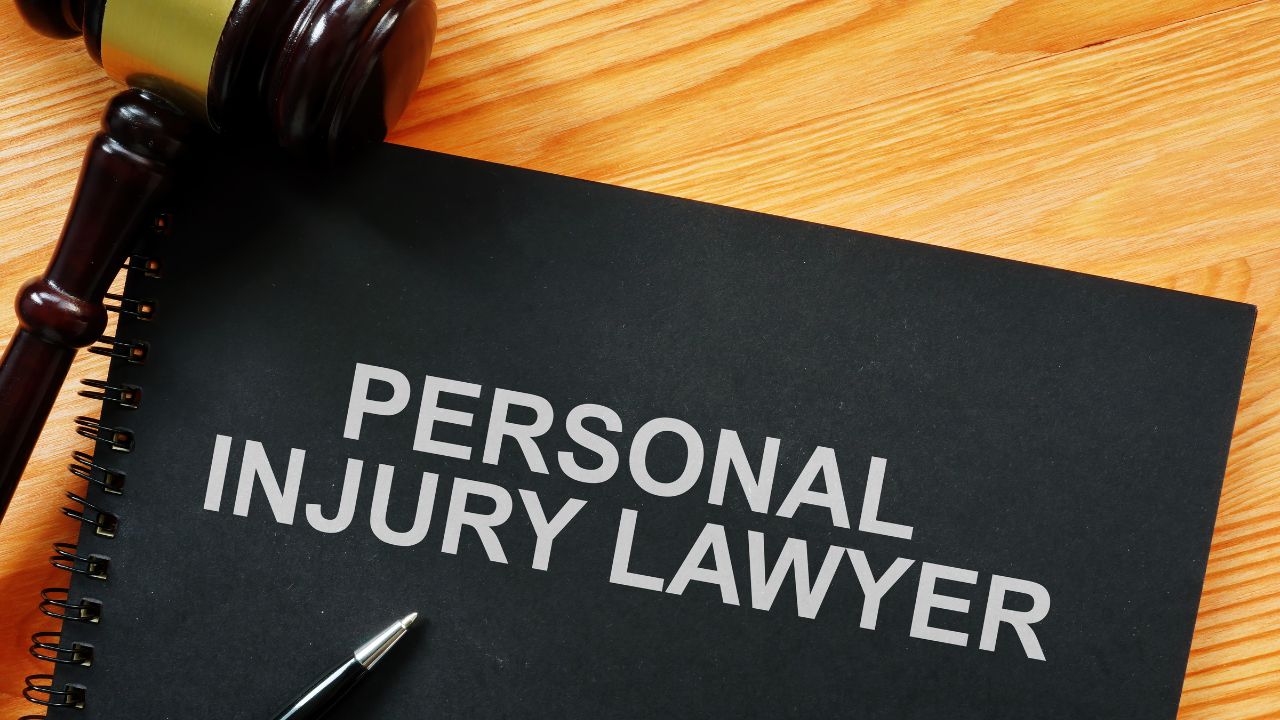Introduction
In the aftermath of an accident, navigating legal complexities while dealing with medical treatments, insurance claims, and emotional trauma can be overwhelming. In Pennsylvania (PA), accident victims often turn to skilled accident lawyers to help them secure justice and compensation. Whether it’s a car crash, workplace incident, or slip and fall injury, an experienced accident lawyer in PA can be a critical ally. This comprehensive guide explores what accident lawyers in Pennsylvania do, how they operate, and why they matter.
. Understanding Personal Injury Law in Pennsylvania
Personal injury law, also known as tort law, enables injured individuals to seek compensation when harmed due to another’s negligence or intentional act. In Pennsylvania, personal injury claims typically arise from situations like:
- Car, truck, or motorcycle accidents
- Pedestrian or bicycle accidents
- Workplace injuries
- Slip and fall incidents
- Medical malpractice
- Product liability
Pennsylvania follows a modified comparative negligence rule. This means if the injured party is found to be more than 50% at fault for the accident, they cannot recover damages.
. The Role of an Accident Lawyer in PA
Accident lawyers, or personal injury attorneys, represent clients who have been physically or psychologically injured. Their responsibilities include:
- Evaluating claims and determining legal options
- Gathering evidence and interviewing witnesses
- Filing legal documents
- Negotiating with insurance companies
- Representing clients in court if necessary
They ensure victims receive fair compensation for medical expenses, lost wages, pain and suffering, and other related damages.
. Why Hire an Accident Lawyer in Pennsylvania
Hiring a specialized lawyer brings numerous advantages:
- Legal Expertise: Knowledge of PA laws, statutes of limitations, and procedural rules.
- Investigation and Evidence: Access to investigators and experts to build a strong case.
- Negotiation Skills: Ability to deal with insurance adjusters who aim to minimize payouts.
- Courtroom Representation: Experience in litigation if the case proceeds to trial.
- Maximizing Compensation: Strategies to recover the full extent of damages.
. Common Types of Accident Cases in PA
. Car Accidents
Car crashes are the most common personal injury claims. Pennsylvania offers two types of insurance coverage—limited tort and full tort. This impacts the compensation victims can claim for pain and suffering.
. Workplace Accidents
Injuries at work fall under workers’ compensation, but in some cases, a third-party claim may be necessary. Accident lawyers can determine if additional lawsuits are applicable.
. Medical Malpractice
These involve negligence by healthcare providers. PA has strict deadlines and procedures for filing these claims.
. Slip and Fall Cases
Also known as premises liability, these involve injuries due to unsafe conditions on someone else’s property.
. Product Liability
When a defective product causes harm, manufacturers or sellers may be held accountable.
. Choosing the Right Accident Lawyer in PA
When selecting a lawyer, consider the following:
- Experience and Specialization: Choose lawyers with expertise in the specific type of injury case.
- Track Record: Ask about past verdicts and settlements.
- Client Reviews: Check online testimonials and third-party review sites.
- Communication Style: Ensure they explain legal processes clearly.
- Fees and Costs: Most work on a contingency basis—no fee unless they win.
. The Legal Process for Personal Injury Cases
- Initial Consultation: The lawyer assesses the case during a free consultation.
- Investigation: Collecting documents, police reports, and medical records.
- Demand Letter: Sent to the insurance company requesting compensation.
- Negotiation: Most cases settle out of court through negotiation.
- Filing a Lawsuit: If no settlement, a formal complaint is filed.
- Discovery and Trial: Evidence is shared; the case may go to trial.
- Settlement or Verdict: Final resolution, either by agreement or court decision.
. Compensation Available to Accident Victims in PA
Damages in personal injury cases are categorized as:
- Economic Damages: Medical bills, lost wages, rehabilitation.
- Non-Economic Damages: Pain and suffering, emotional distress.
- Punitive Damages: In cases of gross negligence or misconduct.
Pennsylvania does not cap damages in personal injury cases, except in certain cases involving government entities.
. Statute of Limitations in Pennsylvania
In most cases, victims have two years from the date of the accident to file a personal injury lawsuit. Failure to file within this time frame can result in the loss of legal rights.
There are exceptions:
- Minor plaintiffs: Time limit begins once they turn 18.
- Discovery rule: Time may extend if the injury was discovered later.
. Frequently Asked Questions
Q1. What should I do immediately after an accident?
- Seek medical attention
- Report the incident
- Document evidence
- Contact a lawyer
Q2. Can I still file a claim if I was partially at fault?
- Yes, if you were less than 51% at fault.
Q3. How long does a personal injury case take in PA?
- From months to several years, depending on complexity and whether it goes to trial.
Q4. What if the insurance company denies my claim?
- An accident lawyer can appeal the decision or file a lawsuit.
Conclusion
Accidents can have life-altering consequences. Having a knowledgeable and dedicated accident lawyer in Pennsylvania can make a significant difference in the outcome of your case. They guide you through the legal maze, protect your rights, and work tirelessly to secure fair compensation. If you or a loved one has been injured in PA, don’t hesitate to consult with a qualified accident attorney.
Remember, time is critical in personal injury cases—act quickly and choose wisely.

